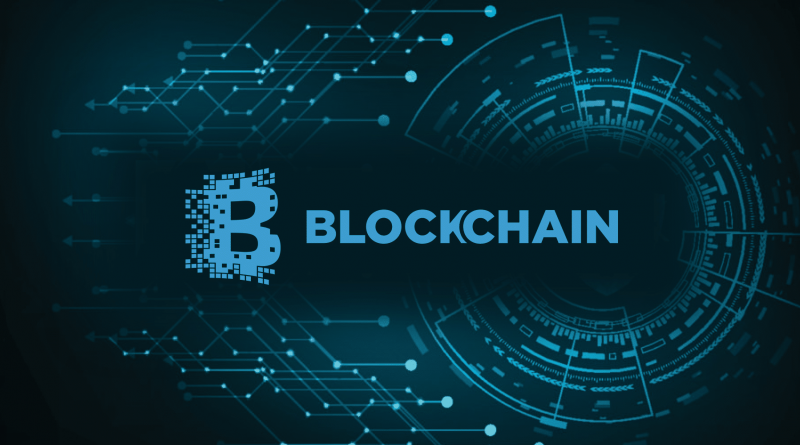
Many corporations still work with piles of paper and even handwritten documents, transferring them to colleagues via Fax, as well as with a variety of databases scattered between different countries and continents. Such complex designs no longer suit businesses, and corporate giants are starting to look for salvation in decentralized systems.
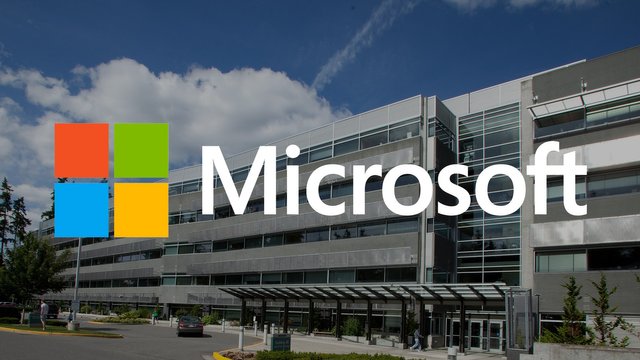
- Microsoft – partner of the project ID2020
Microsoft announced support for the project ID2020 to create a global document of identification, which could be used worldwide. The main mission of the project is to help people without documents, of which there are more than one billion.
To do this, the software giant together with Accenture and Avanade develops a prototype of a digital system based on blockchain using Microsoft Azure.
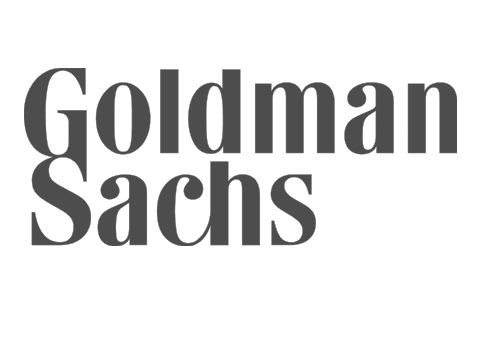
- Goldman Sachs creates a trading platform for cryptocurrency
According to rumors, Goldman Sachs creates a trading platform for trading cryptocurrency in new York, which will begin its work in late June 2018, and maybe earlier. The intrigue remains, as at the end of January there were publications that Goldman Sachs already owns such a platform, as he was an investor in the startup to create it in 2015. (At the time of translation, an article titled " Goldman Sachs does not create a platform for cryptocurrency, because they already have it.")
The Bank's management also noted that it is considering the accounting of crypto assets. Lloyd Blankfein, CEO, mentioned it on his Twitter:
"Still thinking about bitcoin. Have not yet come to any conclusions – neither for nor against. It is remembered, once people were already very skeptical - when gold coins began to replace with paper money".
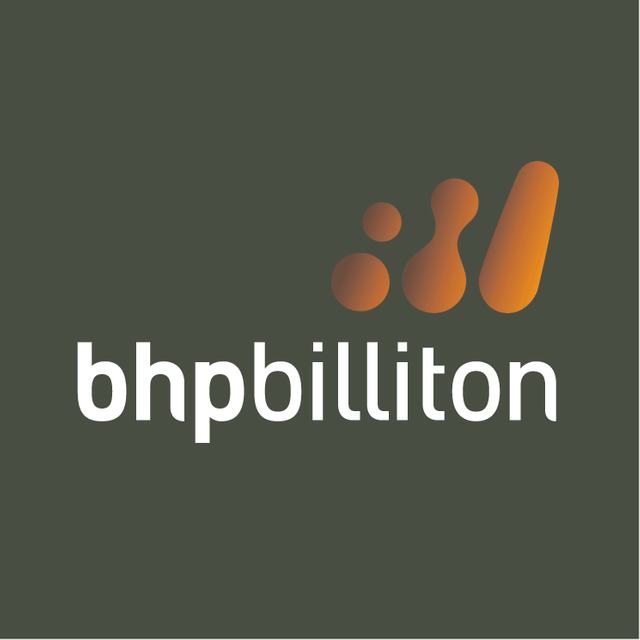
- BHP Billiton, the mining giant, is implementing blockchain to manage contract works and Analytics
With the help of the blockapps startup and ConsenSys, one of the world's largest mining companies BHP Billiton will use blockchain to track the movement of samples of mined rocks and liquids, as well as to improve the reliability of data obtained in real time.
BHP uses contractors to process of extraction of rocks, enters into contracts with geologists and courier companies on different continents to collect samples and conduct analysis.
BHP will insist that their contractors use the Ethereum-based system and place internal documents in the IPFS system. It is a peer-to-peer distributed file system often used in blockchain implementation.
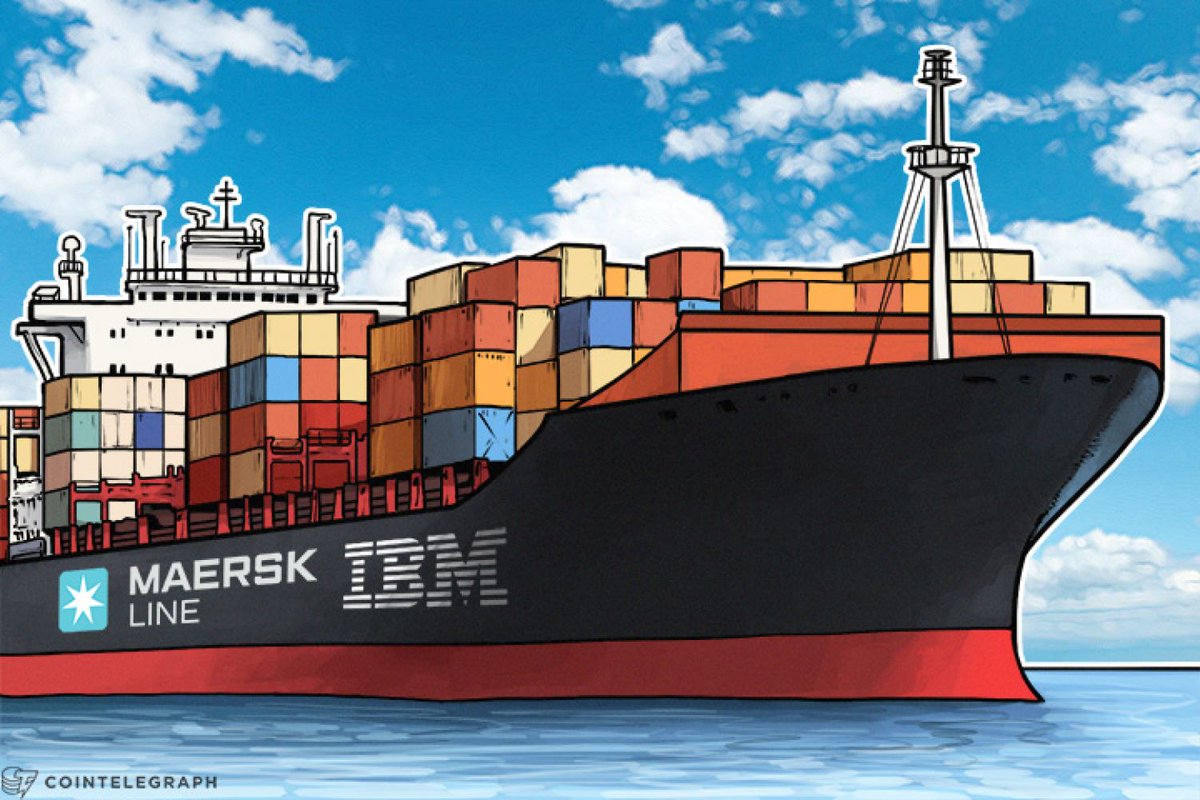
- Maersk teams up with IBM for a joint project
A so far unnamed project based in new York will assist shippers, ports, customs, banks and other stakeholders in the global supply chains and replace paper documentation with unauthorized digital reports.
World suppliers are seriously affected by the abundance of paper documents. In the case of perishable goods, loss or delay in the transmission of documentation could result in serious losses. Blockchain integration can have a significant impact on the efficiency of world trade, given that 90% of goods are transported on the world market by marine logistics companies.
In September, Maersk also entered into a partnership agreement with the blockchain startup GuardTime, started a marine insurance blockchain-based platform together with Microsoft and EY, with the participation of insurance companies ACORD, Willis Towers Watson, MS Amlin Catlin and XL.
- UPS, FedEx And BNSF Railway join the Bita Commonwealth
Cargo carriers UPS, FedEx, BNSF Railway (a subsidiary of Berkshire Hathaway) and Schneider Trucking are just a few of the more than 200 high – profile names in the Bita (Blockchain in Transport Alliance), which uses blockchain technology in the field of freight transportation.
The purpose of the Commonwealth is to unite companies engaged in cargo transportation and develop common standards in the process of testing blockchain applications.
- Petroteq creates a distributed register for Pemex (for reference, this is the first oil company to accept cryptocurrency)
Pemex, a Mexican state-owned oil and gas and petrochemical company, will support Petroteq in the development of industry-specific supply chain management (SCM) software.
We know Pemex as the first oil company to accept cryptocurrency as payment. The company employs 100,000 people and has an extensive network of suppliers and business contracts.
Petroteq project – PetroBLOQ corporate platform based on blockchain-will allow oil and gas companies to conduct global operations.
- UBS, Barclays, Credit Suisse, test compliance on a platform Ethereum
The Swiss Bank UBS will lead a pilot project aimed at automating the regulatory requirements of the EU Directive governing MiFID II / MiFIR, which will enter into force in 2018.
Using Ethereum blockchain-based system, banks participating in the project will be able to anonymously exchange Legal Entity Identifier data.
Participating banks will be able to check their data on legal entities and adopt new rules faster.
Banks also experimented with blockchain, considering it as a way to optimize the work of the back office, which is estimated to release up to $ 20 billion.
- Manufacturers and sellers of Walmart, Tyson, Unilever, Nestle, Kroger, Dole, McCormick and other products unite for the sake of the pilot blockchain project
In August 2017, Walmart, Kroger, Nestle and Unilever entered into a contract with IBM to use blockchain to improve food safety through improved supply chain tracking.
Walmart has been working with IBM since 2016, and this partnership has reduced mango supply tracking time from 7 days to 2.2 seconds.
Thanks to the accession of another 9 major food suppliers, in this area (where such cooperation – a rarity) can significantly increase the level of security.
Howard Popula, head of the Kroger food security Department, said in an interview with Reuters:
"This is an opportunity for us to Express a common idea and show the world that food safety will not be the basis for competition."
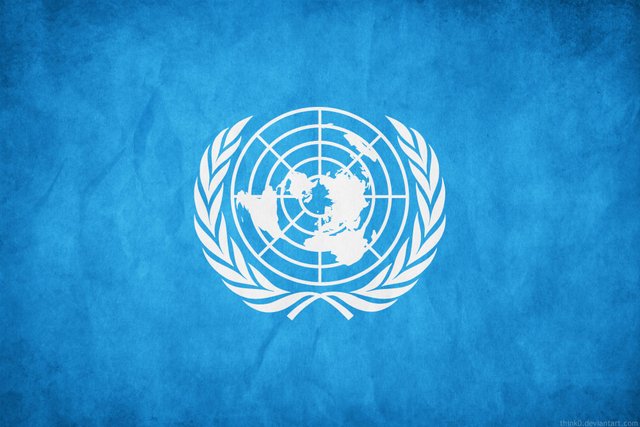
- The UN is exploring the possibilities of DLT (Distributed Ledger Technology) and blockchain for humanitarian aid and climate research
Coalition climate change, the UN is studying the question of whether the technology of distributed registries to improve the results of initiatives taken for climate change. The Coalition is now seeking to establish a transparent system for collecting climate data, carbon emissions and sales.
Distributed registries will help separate climate data from political issues. Last year, many us scientists were concerned that Federal research libraries could be closed and their databases altered or deleted with the coming to power of a new Chapter of the EPA (US environmental Agency).
The UN has already developed a project based on the Ethereum blockchain platform to send humanitarian aid to Syrian refugees. The world food Programme has used blockchain to control Ethereum-based food vouchers, which can be implemented in markets.
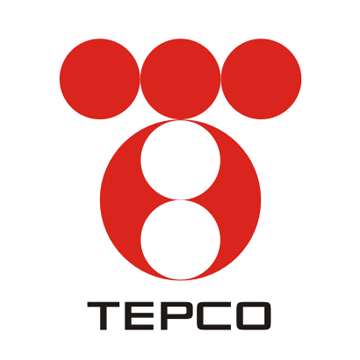
- TEPCO entered into a partnership with the Electron
The British company Electron has recently received investments from TEPCO, the largest Japanese energy company. At present, the energy industry uses a fragmented infrastructure for calculations and data recording. Electron hopes to encourage the industry to move these functions to a common blockchain platform.
Electron is ready to become a data operator, from which energy suppliers can receive information about assets and keep records of transactional changes. Its services can also be applied to public utilities such as telecommunications and water.
Translated from russian community "Coin post" by Damir Koshkarov